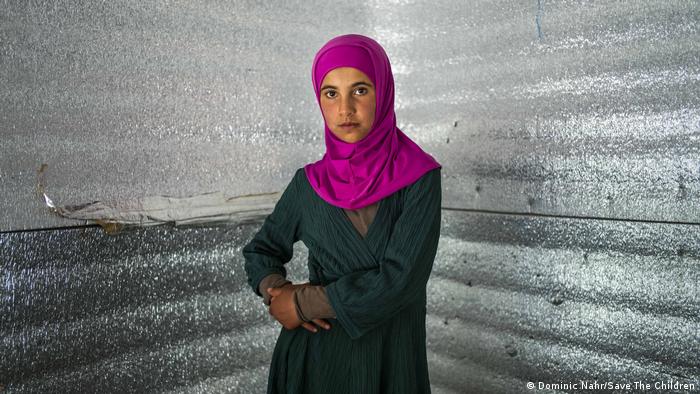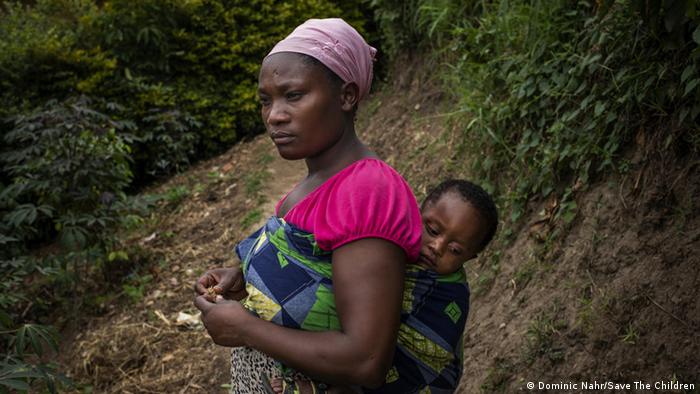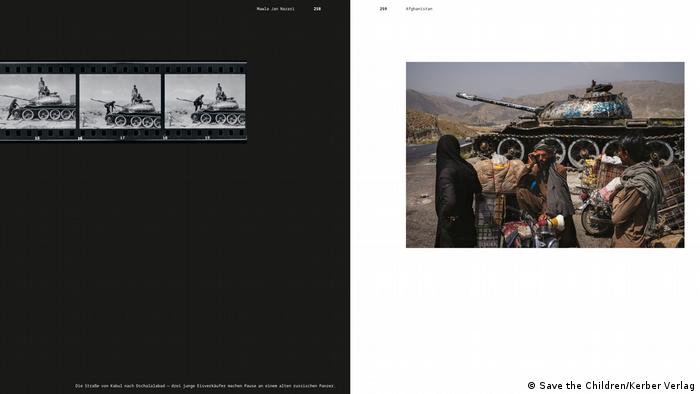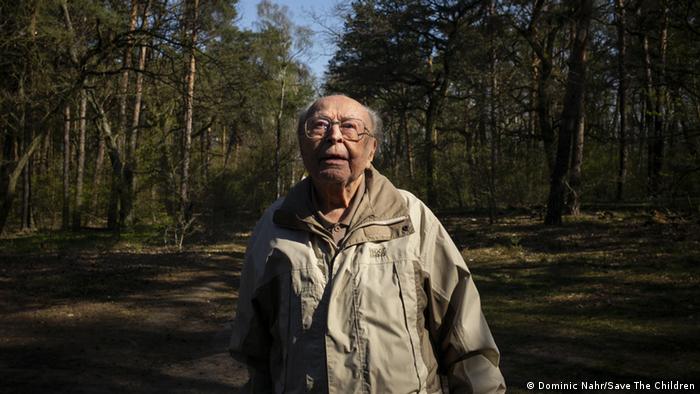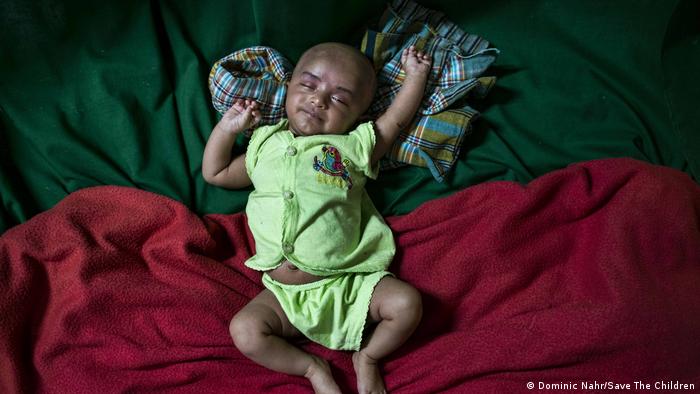Hungary's Viktor Orban, Poland's Mateusz Morawiecki and the Czech Republic's Andrej Babis shot down the EU's planned migration reform ahead of scheduled talks. The Visegrad group rejects asylum seeker quotas.
The prime ministers of Hungary, Poland and the Czech Republic expressed their unanimous disapproval of the EU Commission's migration plan after meeting with EU Commission chief Ursula von der Leyen on Thursday.
The meeting with three of the heads of the so-called Visegrad group, which also includes Slovakia, took place as EU members states prepare to discuss a common migration policy next week.
All three conveyed their skepticism of the planned reforms in a joint press conference.
Read more: Opinion: EU migration pact is victory for the nationalists
The proposal is 'unacceptable'
Hungarian Prime Minister Viktor Orban rejected the idea that the Commission's plan represented a breakthrough for the European bloc's joint policy.
"The breakthrough will come when the Hungarian proposal is accepted that says that nobody can enter the territory of the European Union until one of the member states closes their asylum procedure," he said.
Czech Prime Minister Andrej Babis told reporters that the EU should be stopping migrants at the border and sending them home.
"We have to change the system of grants and the quota system, it's unacceptable for us. That's why we should keep negotiating... the strategy should look like this - the people coming from these countries, they should be stopped and turned back to their countries and be given help there," Babis said.
In turn, Poland's Mateusz Morawiecki said the Visegrad group would stick by its demands for "the most rigorous and effective border control policies".
"We want to prevent problems at source rather than have to then deal with the huge and controversial proposals we have in 2016, 17, 18 on migrant policy," he said.
What is the Commission's proposal?
On Wednesday the European Commission proposed a "compulsory solidarity mechanism" consisting of quotas for each country to take in refugees, as well as a grant of €10,000 ($11,750) per adult taken in, funded from the EU's budget.
Read more:Poll says anti-immigrant attitudes are on the rise across the globe
It also proposed tougher checks on the bloc's borders, which would include screening for arrivals who are unwell or those considered a security risk.
What might happen next?
The plan has already received heavy criticism from some of the countries in the EU. This could spell trouble for the next week's talks as unanimous approval is required to push through big changes in the bloc's migration policy.
Read more: Is the EU's refugee policy doomed to division?
If successful, the proposal could come into effect by 2023. However, previous attempts to introduce reforms similar to this one failed to gain enough support.
The outright rejection of the proposal by the eastern European states dealt a blow to the deal before negotiations even started in proper.
The plan was also attacked by migrant rights activists who were disappointed by the reforms not going far enough and for the Commission giving in to right-wing populism and xenophobia.
ab/msh (AFP, Reuters)
tinyurlis.gdclck.ruulvis.netshrtco.de
مقالات مشابه
- آیا زمان گفتن اضافی درباره اسباب بازی است؟
- خرید رپورتاژ
- جورج فلوید آخرین: خاطرات را در محل در سراسر ایالات متحده
- Coronavirus sleuths — تماس با ردیاب در سراسر جهان
- شرکت صادرات و واردات کالاهای مختلف از جمله کاشی و سرامیک و ارائه دهنده خدمات ترانزیت و بارگیری دریایی و ریلی و ترخیص کالا برای کشورهای مختلف از جمله روسیه و کشورهای حوزه cis و سایر نقاط جهان - بازرگانی علی قانعی
- Coronavirus آخرین: ژاپن آسانسور وضعیت اضطراری در سراسر اکثر کشورهای
- چادر مسافرتی که برنده بالقوه است
- آشپزی و کتاب دستور غذا شما باید در آشپزخانه شما
- فلزیاب - فلزیاب طلا
- مایکل دل Vecchio متخصص ارائه می دهد پاسخ به رایج ترین سوالات حسابداری
